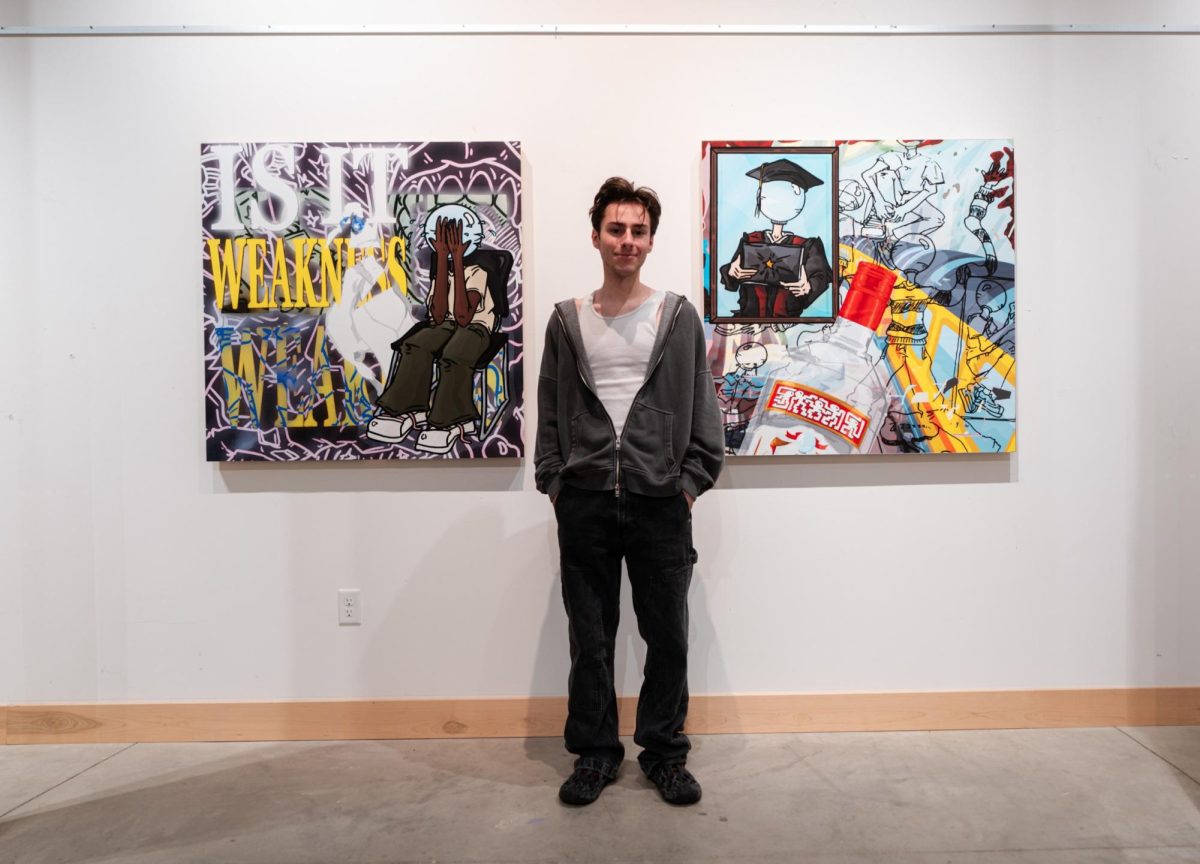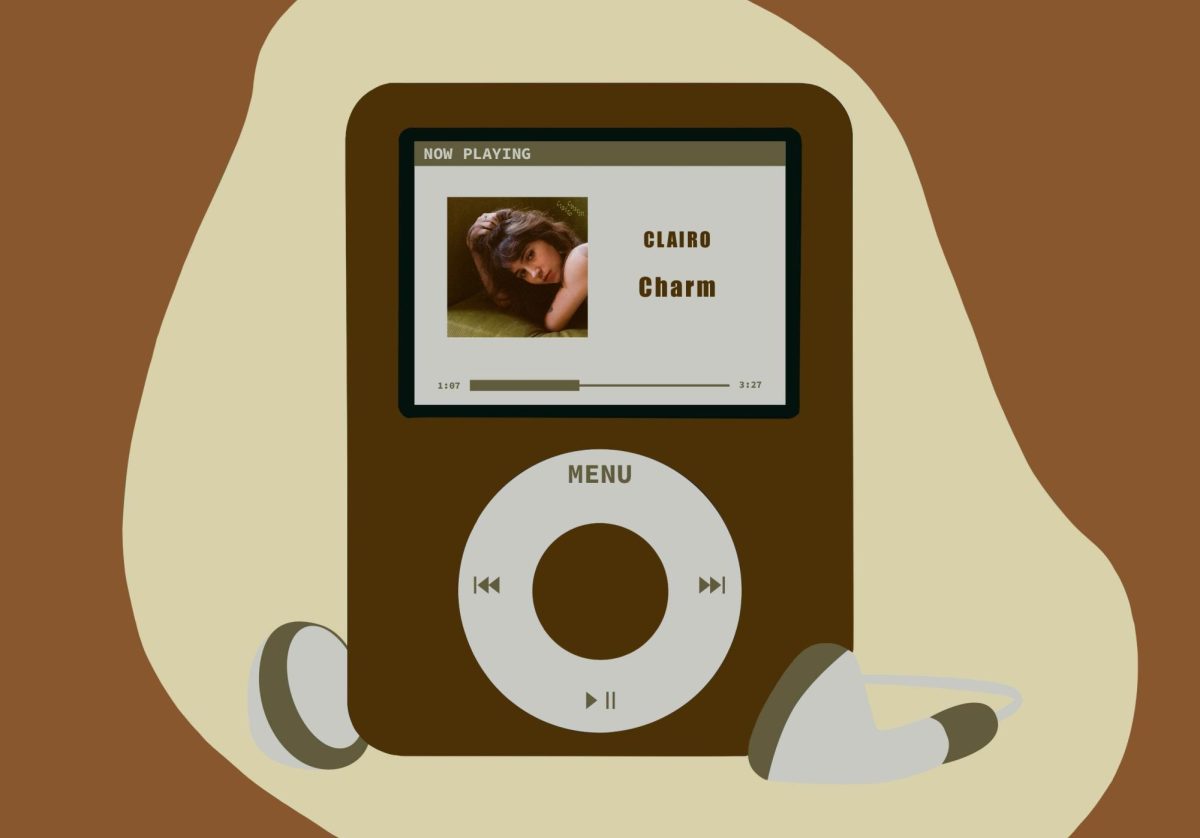These are dire times for any sort of animation that doesn’t involve computers. Such old-fangled crafts as cel and puppet animation, which require thousands of meticulously detailed drawings or carefully constructed miniature sets and costumes, are expensive, time-consuming propositions. Television and film have started to rely on CGI animation, almost to the exclusion of everything else. CGI gets cheaper and better every year, while cel and puppet animation, which require a large staff of highly trained specialists, just gets more expensive. Even the European studios are suffering. After the collapse of the Soviet Union, the Czech Republic-based Kratky Films – the first studio to be privatized – accrued a $13.6 million debt, laid off half its workforce and ceased work in its Jiri Trnka animation studio for two years.
The shame of it is, the Jiri Trnka studio, along with the animator who gave the studio its name, was responsible for one of the most celebrated animated shorts ever made, called The Hand. In 1965, Jiri Trnka set his considerable technical skills (he had worked as a puppet maker and children’s book illustrator) to creating a melancholy, meditative allegory about an artist consigned to prison and eventually driven to death by an oppressive, totalitarian hand. Trnka’s film proved to be controversial: Although the 17-minute film won the top prize at the Annecy International Animation Festival, it was banned by the Czech government in 1969, only four months after Trnka’s death.
But Trnka remained one of the world’s most beloved animators. Although he was declared to be “The Walt Disney of the East” by an English journalist after his feature-length The Midsummer Night’s Dream debuted at Cannes in 1959, Trnka shared little with his American counterpart. (Although Trnka may one day have a theme park named after him: A Czech entrepreneur has been shopping plans for a giant toboggan ride named “Trnkaland,” to be built in South Bohemia). Trnka’s films were usually meant for adult audiences – his shorts include adaptations of stories by Anton Chekhov and Jaroslav Hasek. Trnka’s characters were voiceless; he made no efforts to move the mouths of his exquisitely crafted puppets (they often look like Eastern European folk dolls). Rather than having his characters lip sync with live actors, Trnka instead favored scenes acted out to lilting scores, or voice-over narration (his adaptation of Hans Christian Andersen’s The Nightingale was released in the West, with narration provided by Boris Karloff). His films were meditative, generously paced and tended toward abstraction. One short film, titled Merry Circus, was constructed out of paper cutouts, and consisted entirely of angular images of circus performers performing impossible feats: In one image, two seals with impossibly flexible necks juggle dozens of objects back and forth in fountain-like patterns.
Image Entertainment has compiled six of Trnka’s films, including the feature-length The Nightingale, into a collection they have titled, simply, The Puppet Films of Jiri Trnka. It’s an odd, fascinating collection; along with Trnka’s notorious The Hand is a informational video about the dangers of drunk driving (featuring a leather-jacket clad puppet pressed into drinking at a wedding party) and a marvelous parody of the American Western titled Song of the Prairie. In this film, Trnka has a singing cowboy ride to the rescue of a wagonload of gold, gunning down banditos while taking preening poses and skipping along the sides of mountains. There is a depth to these animated puppets that computer animation can never hope to duplicate – the banditos, once shot, plummet off their horses and engage in complex acrobatics before they die, and they are unmistakably real objects moving through real space. This collection of short films shows a style of animation that still seems genuinely magical. Trnka gives us a world of living dolls, and we aren’t likely to see many new films from this world.
The Puppet Films of Jiri Trnka, Image Entertainment, $29.99.
















